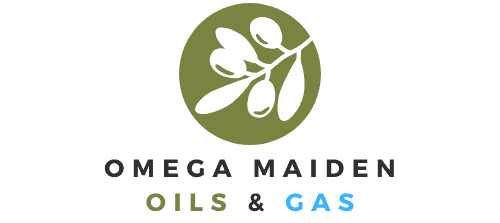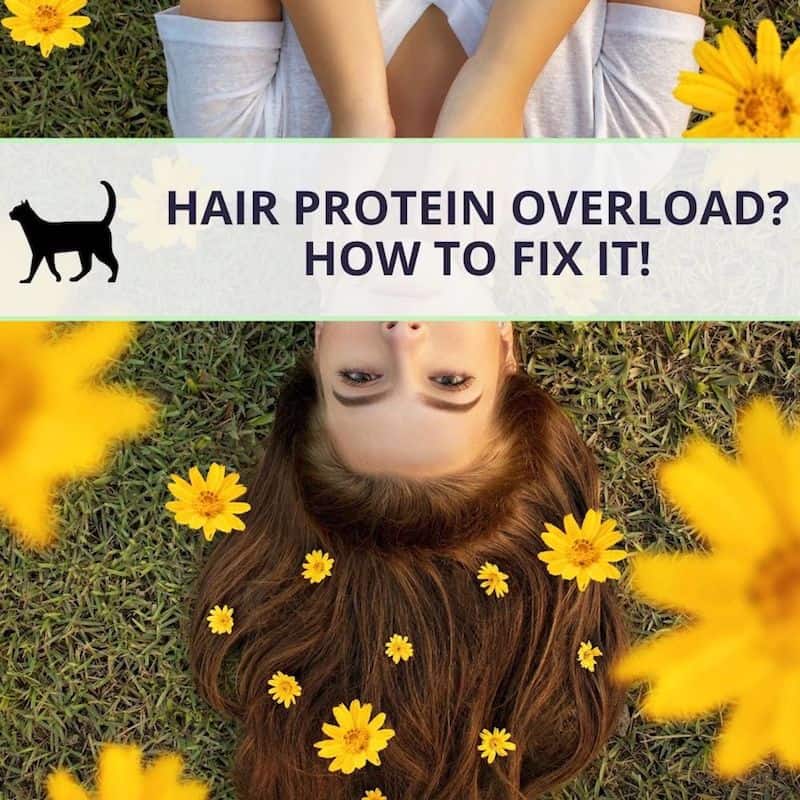Coconut oil is a type of vegetable oil that is extracted from the meat of mature coconuts. It has been used in tropical countries for centuries as a cooking oil, and more recently, as a health food supplement. Coconut oil is high in saturated fat, which can raise LDL (“bad”) cholesterol levels and increase the risk of heart disease.
Some health experts also worry that coconut oil may contribute to weight gain and insulin resistance.
If you’re like most people, you probably think of coconut oil as a healthy cooking oil. But what you may not know is that coconut oil can also be used as a protein supplement.
While coconut oil is generally safe to consume, there is such a thing as protein overload.
This occurs when your body can’t process all the protein you’re taking in, leading to side effects like nausea and vomiting.
So, if you’re thinking about adding coconut oil to your diet, make sure to speak with your doctor first. Otherwise, you could be putting your health at risk!
Coconut Oil Ruined My Hair
Are you thinking about adding coconut oil to your hair care routine? You might want to think twice before doing so. Many people have reported that coconut oil ruined their hair.
Coconut oil is a popular natural remedy for many things, including skin and hair care. It’s thought to be beneficial because it’s full of nutrients like vitamins E and K, as well as fatty acids. Coconut oil can help to moisturize and protect your skin and hair from damage.
However, some people have found that coconut oil doesn’t work well for their hair. In fact, it can actually make their hair dry, brittle, and frizzy. If you have oily or fine hair, you may want to avoid using coconut oil on your hair altogether.
If you do decide to use coconut oil on your hair, be sure to only use a small amount. Apply it sparingly to damp or dry hair, focusing on the ends of your strands. You should also wash your hair regularly to prevent buildup of the oil on your scalp.
Have you ever used coconut oil in your hair? Did it work well for you or did it end up ruining your locks? Let us know in the comments below!

Credit: botoxcapilar.org
Does Coconut Oil Cause Protein Buildup?
If you’re using coconut oil in your hair, it’s important to know if it can cause protein buildup. Protein is essential for healthy hair, but too much protein can lead to dryness and breakage. Some people believe that coconut oil can cause protein buildup, but there is no scientific evidence to support this claim.
Coconut oil is actually a great source of moisture and can help prevent protein loss from the hair.
Can Coconut Oil Cause Protein Overload in Hair?
Coconut oil is a very popular natural hair treatment. It is often used to moisturize and condition the hair, as well as to protect it from damage. However, some people believe that coconut oil can cause protein overload in hair.
Protein overload occurs when there is too much protein in the hair. This can happen if you use products that contain protein, or if you use too much protein-rich conditioner. Protein overload can make the hair feel dry, brittle, and unmanageable.
It can also lead to breakage.
So, does coconut oil cause protein overload? The answer is maybe.
Coconut oil does contain proteins, but they are not the same as the proteins found in conditioners or other products. Coconut oil also has fatty acids that help to moisturize and protect the hair. So, while coconut oil may contribute to protein overload, it is not the only factor that can cause this problem.
What Products Cause Protein Overload?
Protein overload occurs when the body can’t properly process and remove excess protein. This can happen for a variety of reasons, including taking in too much protein or not getting enough exercise. Protein overload can lead to serious health problems, so it’s important to be aware of the signs and symptoms.
Most people get enough protein from their diet and don’t need to supplement with extra protein powders or shakes. In fact, most Americans consume more protein than they need. The recommended dietary allowance (RDA) for protein is 0.36 grams per pound of body weight, which is about 46 grams per day for an adult woman and 56 grams per day for an adult man.
Most people easily meet these requirements with a normal diet.
However, some people take in more than the RDA for protein because they want to build muscle or lose weight. For example, athletes and bodybuilders often consume large amounts of protein in the form of supplements like whey powder or casein powder.
And many people following low-carbohydrate diets like the Atkins Diet also consume extra protein to help them feel fuller longer and prevent cravings. While there’s nothing wrong with consuming extra protein on occasion, doing so regularly can put strain on your kidneys and liver, which are responsible for processing and removing excess amino acids from your bloodstream.
Too muchprotein can also lead to dehydration because it pulls water into your cells to help with digestion.
This can leave you feeling bloated and uncomfortable. If you notice any of these signs after starting a high-protein diet or supplement regimen, cut back on the amount of protein you’re taking in and make sure you’re drinking plenty of fluids throughout the day.
Does Coconut Oil Prevent Protein Loss?
Coconut oil is composed of medium chain fatty acids (MCFAs), which are metabolized differently than other types of fat. MCFAs are sent directly to the liver where they are immediately converted into energy, rather than being stored as fat. This makes coconut oil an excellent source of quick energy.
Additionally, MCFAs are absorbed more easily and used more efficiently by the body than other fats.
Coconut oil also has anti-inflammatory properties, which can help reduce inflammation throughout the body. Inflammation is a major contributing factor to many chronic diseases, such as heart disease and arthritis.
By reducing inflammation, coconut oil can help prevent or manage these conditions.
Finally, coconut oil can help prevent protein loss. Protein is essential for maintaining muscle mass, but as we age, our bodies become less efficient at breaking down and using protein.
Coconut oil can help increase protein utilization and prevent protein loss in older adults.
So, does coconut oil prevent protein loss? Yes, it can!
Coconut oil is a healthy, natural way to boost energy levels and reduce inflammation throughout the body.
Coconut Oil Pre-poo Ruined My Hair 🙁 (Protein Overload?)
Conclusion
Yes, coconut oil can cause protein overload. When used in excess, it can lead to an imbalance in the body’s proteins. This can result in a build-up of toxins and waste products that the body cannot eliminate efficiently.
Symptoms of protein overload include fatigue, headaches, muscle pain, and gastrointestinal problems. If you are using coconut oil regularly, it is important to monitor your intake and make sure you are not overloading your system with protein.

